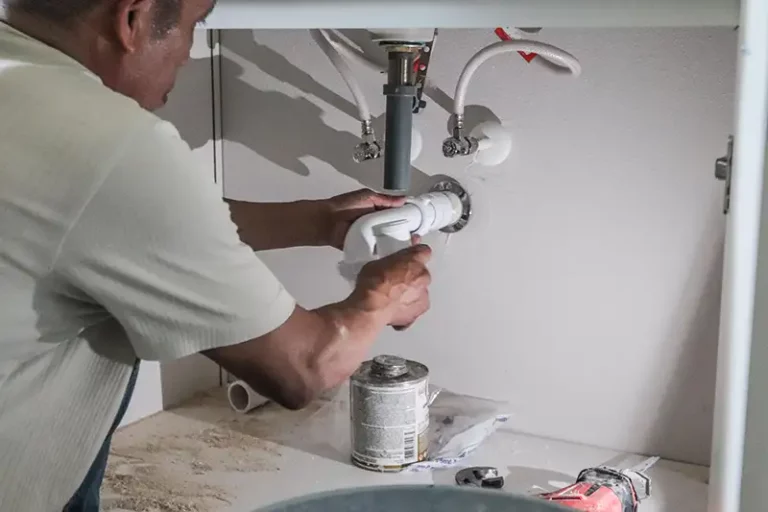
Smart Water Monitoring System: An In-Depth Guide for Tech Enthusiasts
Share
In today's fast-evolving technological landscape, the integration of IoT devices into everyday life has opened new possibilities for managing our most crucial resources. One such advancement is the smart water monitoring system, transforming how tech professionals and enthusiasts interact with water management.
This article will explore the components, benefits, and real-world applications of this cutting-edge technology. By understanding them, tech enthusiasts can appreciate the potential impact and explore how they can integrate these systems into their practices.

What is a Smart Water Monitoring System?
The smart water monitoring system is an IoT-driven technology designed to enhance water management through accurate monitoring and analytics. These systems utilize a network of sensors placed strategically throughout a home or facility to collect real-time data on water usage, leaks, and quality. The information collected is analyzed, offering actionable insights, helping users to reduce waste and conserve water.
Benefits of Smart Water Monitoring Systems
One of the primary advantages of utilizing a smart water monitoring system is the ability to detect leaks and irregular water usage patterns before they cause significant damage. As explained by Vivint's water sensor guide, these sensors can identify even minor leaks that traditional methods might miss, preventing costly repairs and minimizing water waste.
Additionally, these systems offer enhanced convenience and control through remote monitoring. Users can access real-time data through mobile apps or web platforms, allowing them to manage their water usage effectively, no matter their location. By setting alerts and notifications, users are immediately informed of any changes or potential issues within their water systems.
How Smart Water Monitoring Systems Work
The smart water monitoring system employs a combination of sensing devices, software, and communication networks to function effectively. Sensors detect various parameters such as flow rates, pressure changes, and water quality indicators. This data is then transmitted to a central processing unit, often cloud-based, where it is analyzed.
Cloud computing plays a pivotal role in these systems, facilitating the processing and storage of vast data, enabling the development of predictive analytics models. The integration of AI further enhances these capabilities by continuously learning and adapting to usage patterns, optimizing water conservation strategies.
Real-World Applications and Innovations
The applications of smart water monitoring systems span numerous sectors, from residential homes to large-scale industrial facilities. In residential settings, homeowners benefit from peace of mind and reduced utility bills. For businesses, these systems offer a scalable solution that addresses water conservation goals and regulatory compliance.
In global contexts, such as urban planning, these systems drive efficiency and sustainability. Cities and municipalities are adopting smart water monitoring systems to tackle issues of water shortages, infrastructure aging, and population growth, all of which put immense pressure on existing water resources.
Further reading on the benefits of these systems can be found in Wiplats guide to AI in water management, showcasing how AI is transforming water management processes globally.
Challenges and Considerations
While the potential of a smart water monitoring system is immense, certain challenges exist. The cost of implementation can be prohibitive, especially for small-scale users or communities with limited budgets. Moreover, data privacy concerns, such as unauthorized access and misuse of consumer data, require stringent safeguards to ensure consumer confidence and system security.
Despite these hurdles, the ongoing development and innovation in this space promise solutions that will further drive adoption and integration of smart water technologies.
Integration with Smart Home Systems
For the tech-savvy homeowner, integrating a smart water monitoring system with existing smart home ecosystems can provide additional benefits. By syncing with voice-activated assistants such as Amazons Alexa or Google Home, users can receive real-time notifications and control their water systems via voice commands. For more insights, the Voice-Activated Water Leak Detector article from IoT Technologies offers detailed integration tips.
Staying Informed and Engaged
As the industry evolves, staying informed about the latest advancements and best practices in smart water monitoring is crucial. Tech professionals and enthusiasts can benefit significantly by immersing themselves in this exciting field, exploring innovations, and engaging with communities focused on sustainability and smart home technology.
Conclusion
The future of water management hinges on smart technologies and innovative solutions like the smart water monitoring system. By embracing these technologies, individuals and institutions can make a significant impact on conservation efforts and operational efficiency. The journey towards smarter, more sustainable living begins with information and engagement, empowering tech enthusiasts to lead the charge in transforming how we view and manage our most vital resourcewater.

FAQs
1. How does a smart water monitoring system contribute to sustainability?
By providing detailed insights into water usage and identifying leaks early, smart water monitoring systems help conserve water, reducing waste and promoting sustainable water management practices.
2. Are smart water monitoring systems difficult to install?
Most systems are designed for easy installation, especially those targeting residential users. However, for larger facilities, professional installation might be required to ensure optimal performance.
3. Can these systems integrate with other smart home devices?
Yes, smart water monitoring systems can integrate with various smart home technologies, allowing seamless management of water utilities within the broader context of home automation.
